The top 6 foods for fertility
By Louise Belle BHSc (Nut Med)
Planning a pregnancy can be one of the most exciting times of your life. As you and your partner envision starting (or extending) your family, and get busy planning the near future there are many things to think about. You may be busy working out budgets, thinking about childcare, and deciding on what colour to paint the nursery.
Amongst all the planning you may let your diet slip between the cracks and forget to eat properly. Supporting your body with all the right nutrients is very important if you want to give yourself the best possible chance of falling pregnant and maintaining a healthy pregnancy. The few months prior to conception is called the ‘preconception phase’ and this is the best time to start flooding your body with fertility-friendly nutrients.
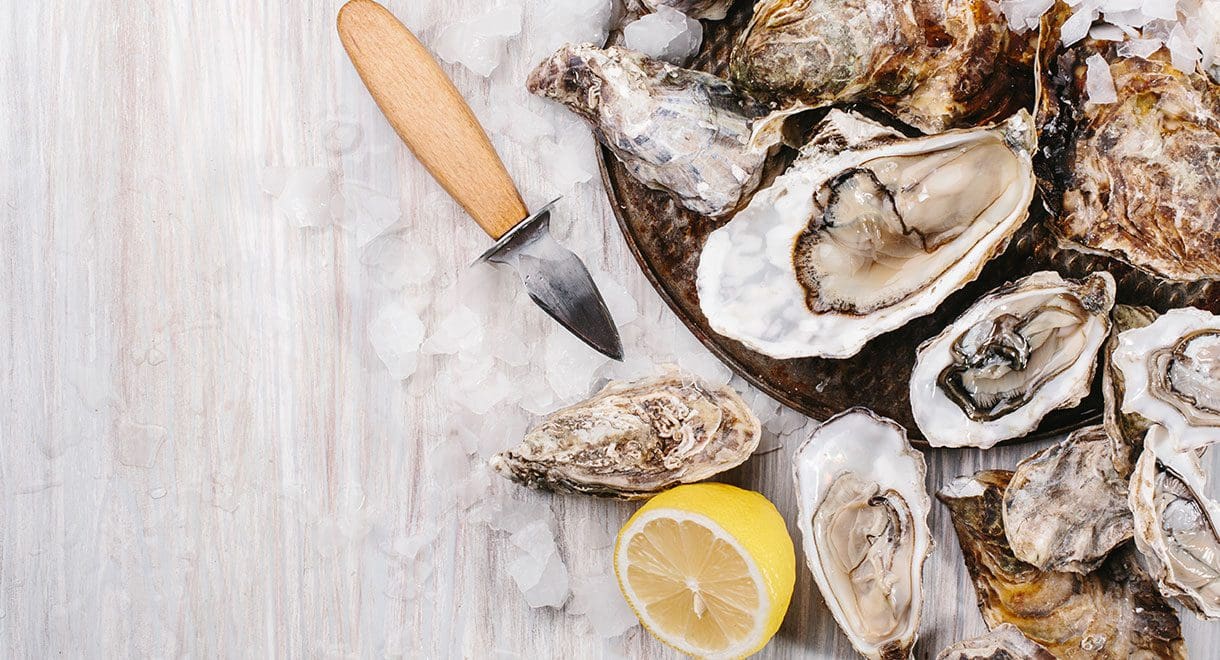
1. Iron foods
Iron is an important mineral known for its involvement in building blood. It is important to build up iron stores prior to falling pregnant, as pregnancy requires high amounts of iron for the growing foetus, and anaemia (iron deficiency) is common. Iron deficiency can increase the risk of foetal complications and can affect brain development. Eating iron rich foods such as oysters, red meat, amaranth, dried apricots, lentils, spinach, quinoa, molasses and tofu will build up those iron stores. Eating vitamin C rich foods (lemon, tomato, orange) with plant-based iron will improve absorption, whilst tannins in tea and coffee or calcium-rich foods (such as cheese) will block absorption.
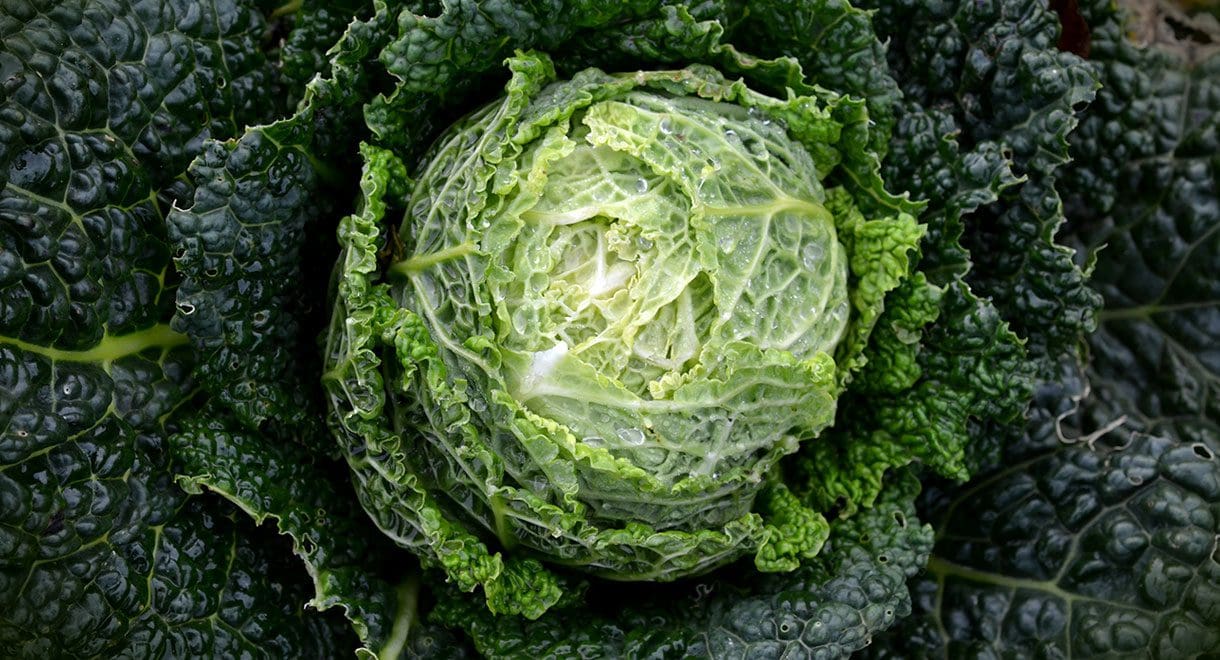
2. Folate foods
Folate, also known as B9 is essential for DNA synthesis, growth and cell division. Consuming enough folate prior to and throughout pregnancy is essential and has been shown to prevent against neural tube defects such as spina bifida. Cabbage, lentils, spinach, asparagus, artichoke, beans, avocado, Brussels sprouts, strawberries, oats, lettuce and kiwi fruit are the richest in folate and should be eaten regularly to ensure you have enough folate. Folate is the form naturally occurring in food, whilst supplemental forms include folinic acid (the active form) and folic acid (the synthetic form).
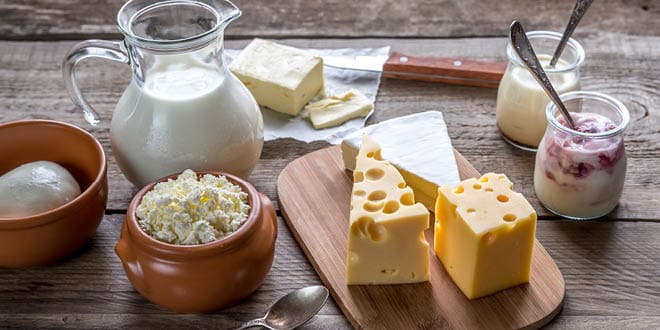
3. Calcium foods
The bone building mineral calcium is important for building the skeleton and the teeth of the foetus. Maintaining good calcium stores will help to protect the bones of the mother and maintain healthy blood pressure during pregnancy. Dairy milk, fortified plant milk, bone broth, yoghurt, sardines, cheese, dried figs, chia seeds, tahini, prawns and almonds are good sources of dietary calcium. Consuming these regularly before conceiving will help to build up calcium stores for the foetus to access.
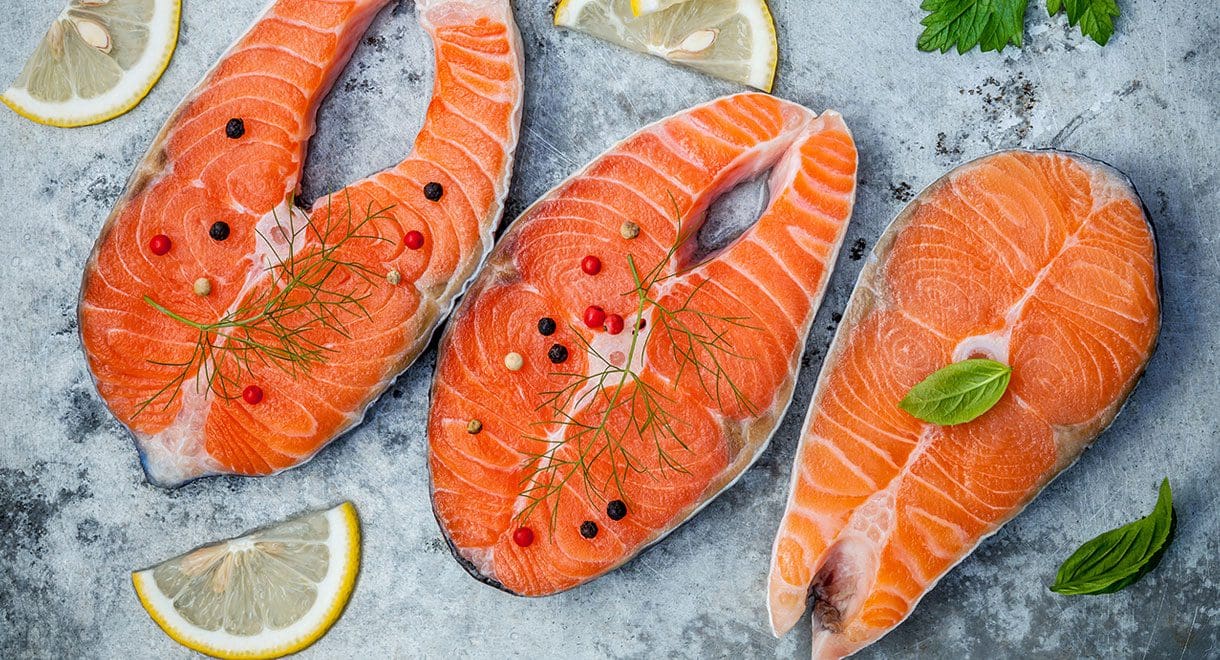
4. Vitamin D foods
This fat-soluble vitamin is essential for strengthening the immune system, brain development and bone building. Unfortunately, vitamin D deficiency is common due to people not spending time outdoors and covering up with clothing, hats and sunscreen when they do. Vitamin D deficiency increases the risk of getting sick and can increase the risk of rickets in your child. The best source of vitamin D is sunlight, but you can get smaller amounts from salmon, sardines, mackerel, fortified milk and eggs.
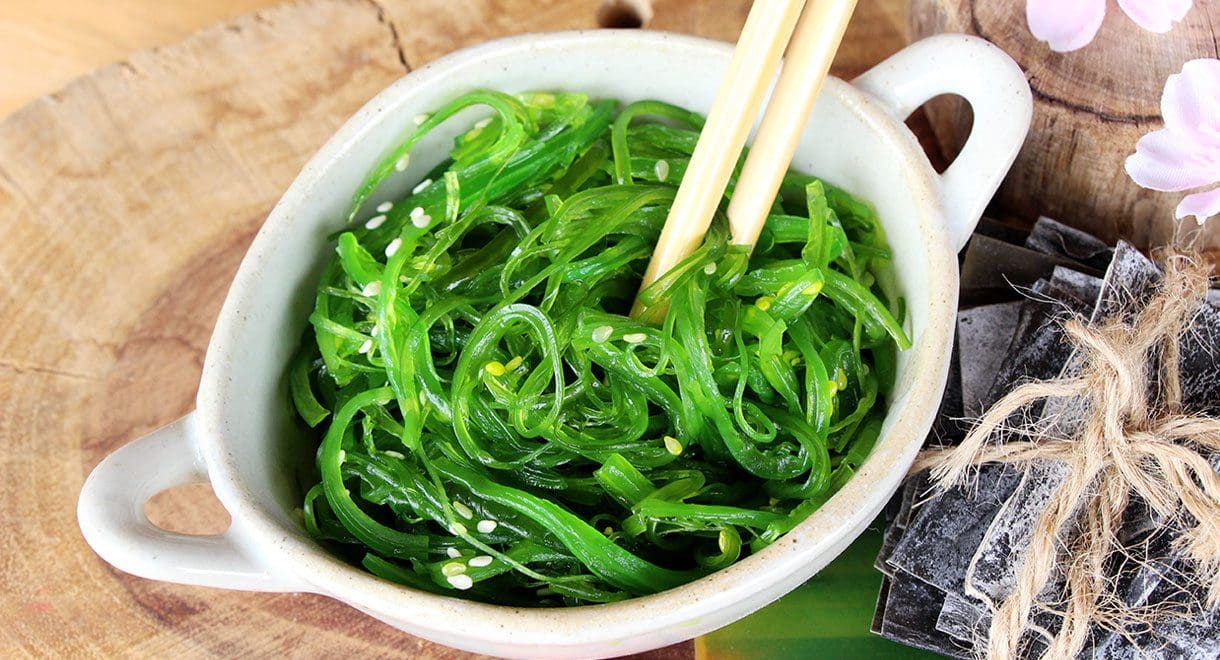
5. Iodine foods
Iodine is a mineral that is vital for thyroid gland function and is required during pregnancy to form the foetus’s thyroid gland and for the development of the nervous system. Iodine deficiency increases the risk of cretinism, miscarriage and mental retardation and therefore, should be avoided. The greatest source of iodine in the diet is seaweed, with smaller amounts occurring in oysters, iodised salt, salmon, milk and yoghurt. Sprinkling kelp flakes on your food is a great way to boost your iodine intake.
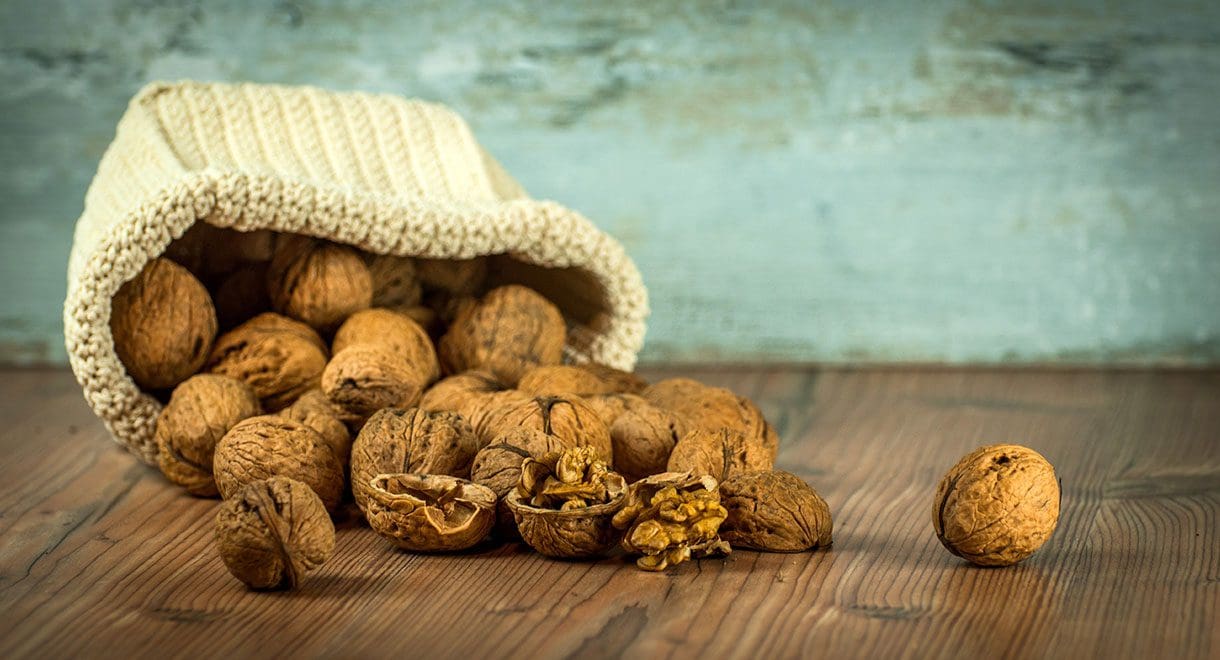
6. Omega 3 foods
Also referred to as essential fatty acids, EPA and DHA are the two main types of omega 3 that are very important for the development of the nervous system, the brain and the eyes. Having adequate intake of omega 3 prior to conception and during pregnancy, can help to improve the development, cognitive abilities and birth weight of the foetus. Fish such as herring, salmon, sardines and mackerel, as well as oysters, squid, scallops, chia seeds, flax seeds and walnuts are great sources of omega 3.
If you are having trouble conceiving, Dr Sandra Cabot’s book Infertility: The Hidden Causes, is a great source of information that explains the many causes of infertility in both women and men. It also details different testing that can be done and strategies that can be implemented to help improve fertility. Hormones- Don’t Let Them Ruin Your Life, is another great book to reference as it goes into further detail about different hormonal disorders and how to manage them.





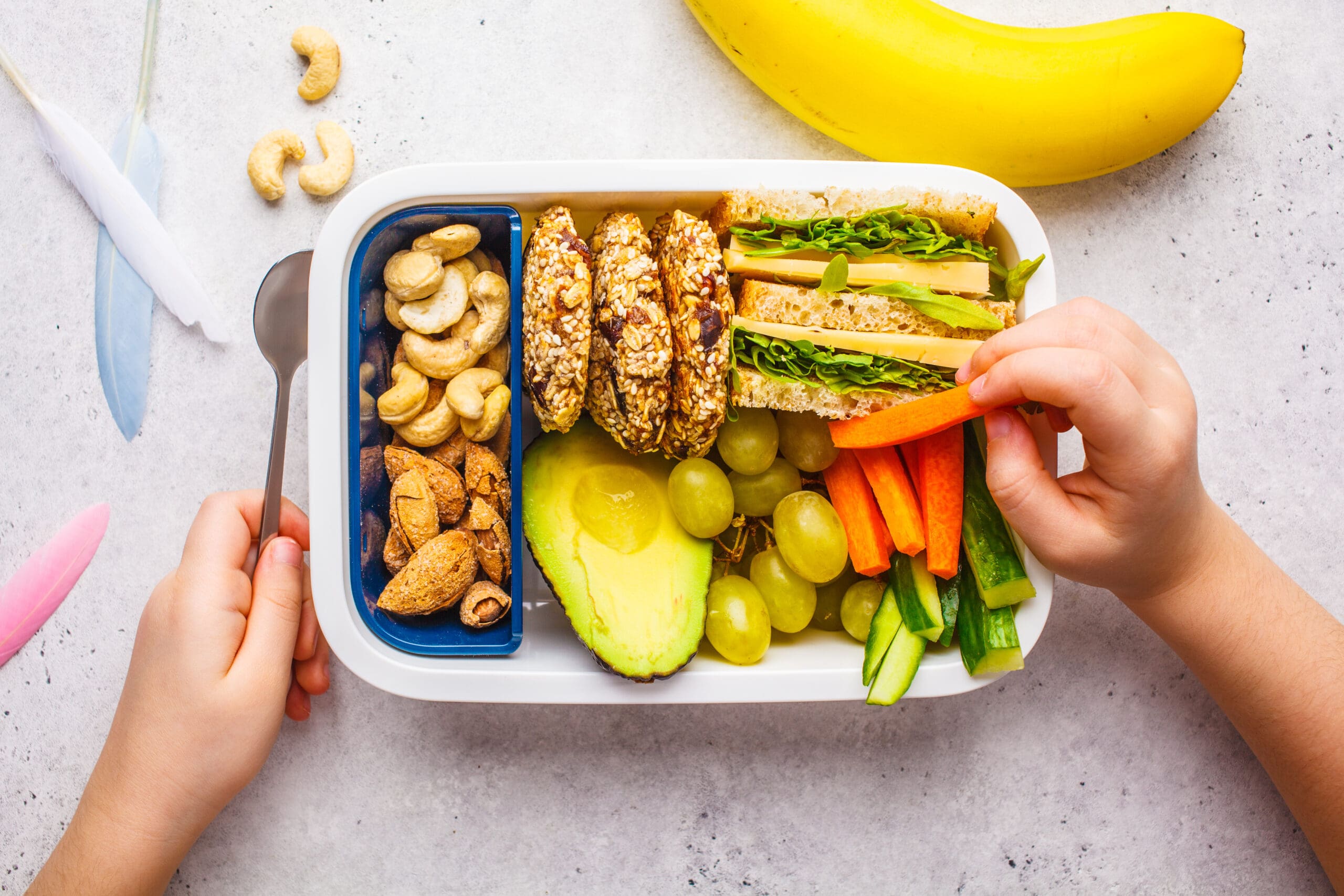


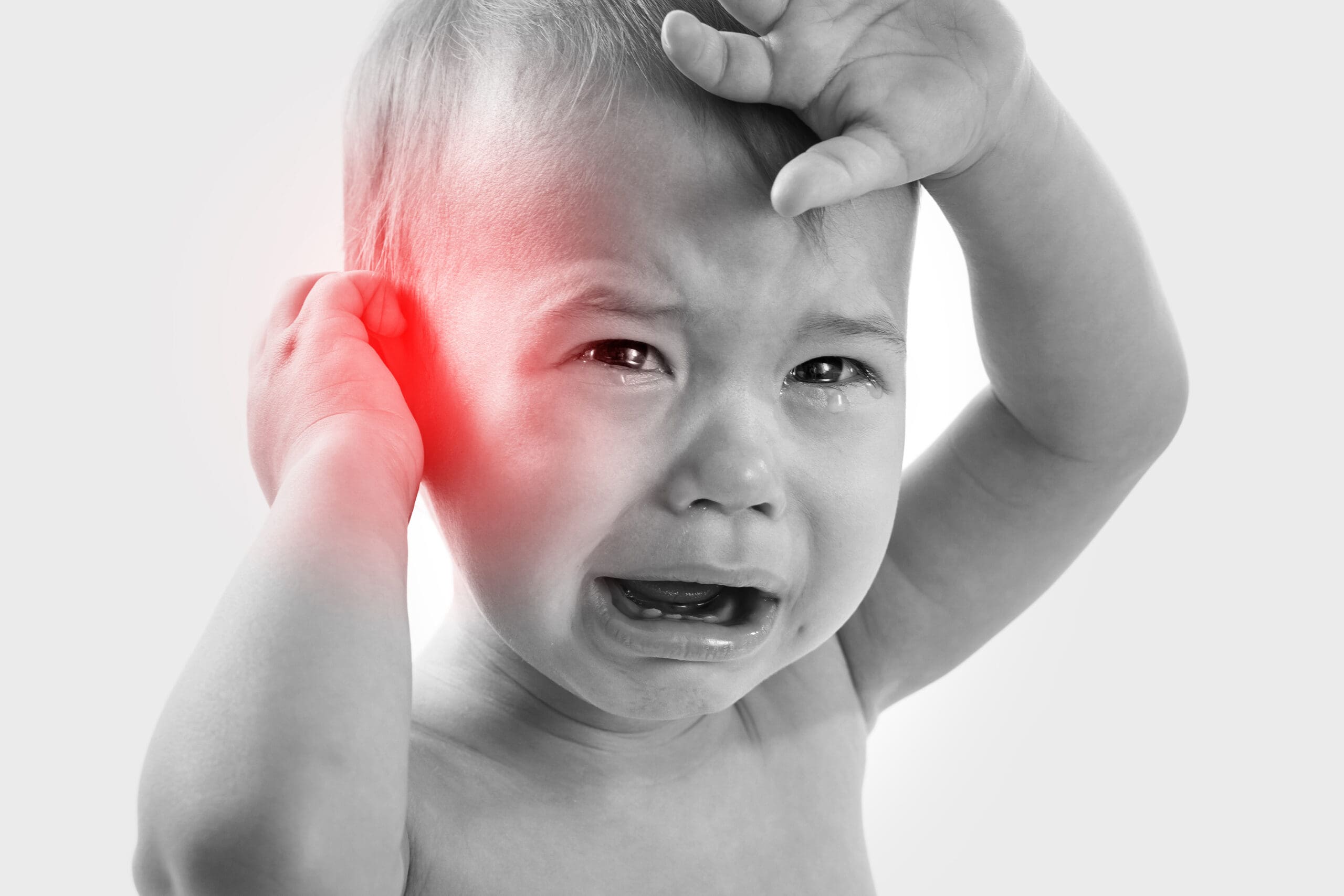
Leave A Comment